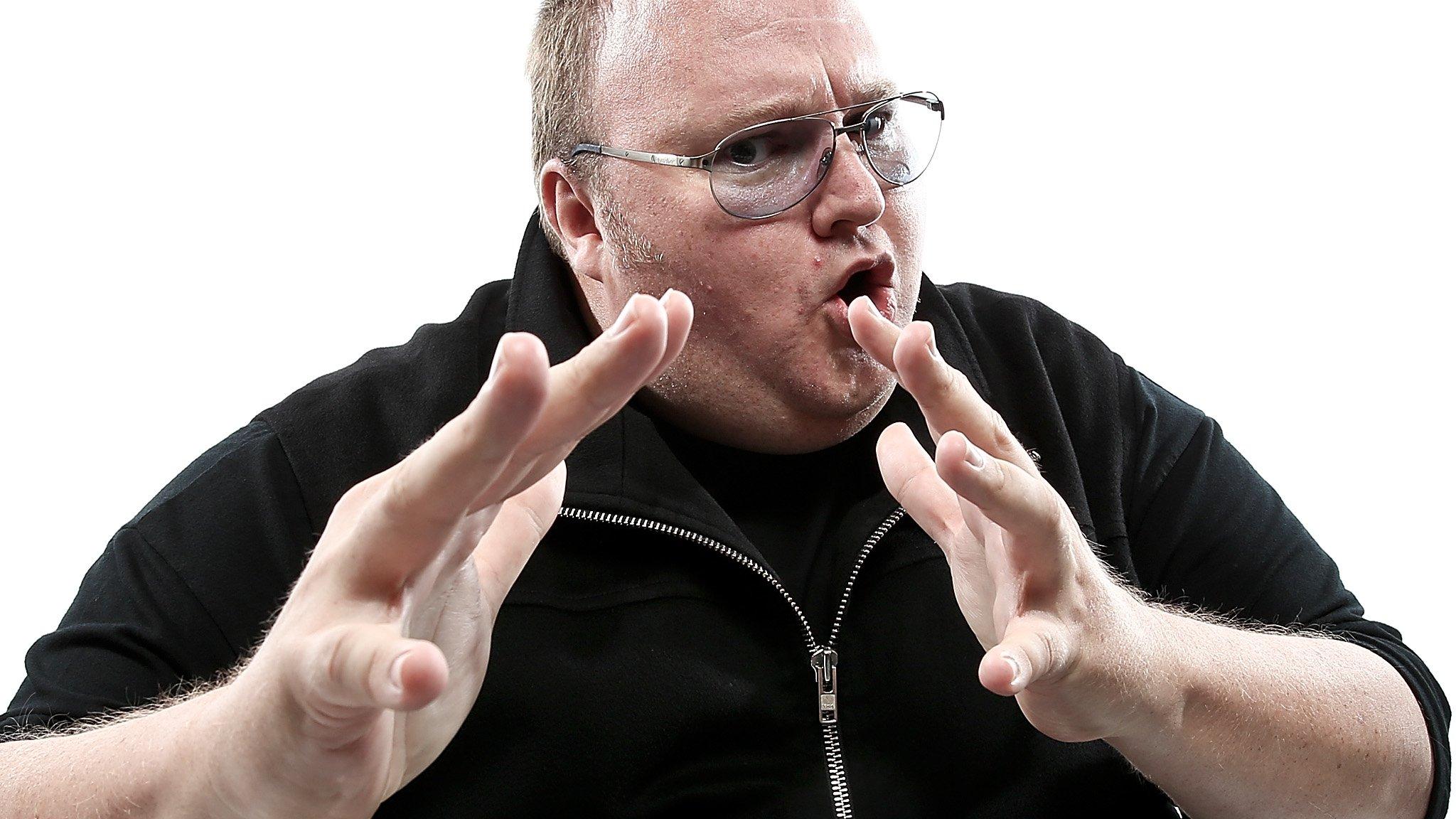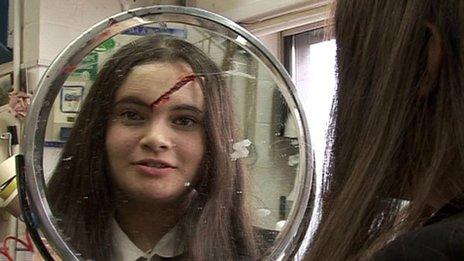Attempt to cut off illegal websites' advertising revenue
- Published
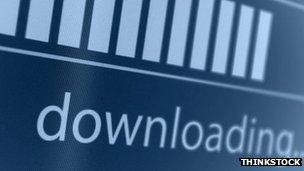
Blocking sites has only been partially successful
Websites offering illegal copyrighted material could see their advertising revenue cut under a new initiative.
Police have created an online database of websites "verified" as being illegal.
It is hoped that firms that handle advertising will use the resource to make sure they do not serve advertising on those sites, cutting off revenue.
Top piracy sites generate millions of pounds thanks to advertising.
One estimate, from the Digital Citizens Alliance - a group backed by rights holders - suggested that piracy websites worldwide generated $227m (£137m) from advertising revenue each year.
Even smaller sites commanded revenues into the hundreds of thousands, the group said.
'Safety tool'
Most brands hire third parties to distribute their online advertising to hundreds of websites at once, which can sometimes lead to them unintentionally appearing against unfavourable content.
The Infringing Website List (IWL) will be an "up-to-date list of copyright infringing sites" that can be cross-referenced by those third parties, in the hope that they will pull their advertising from those sites.
"If an advert from an established brand appears on an infringing website not only does it lend the site a look of legitimacy, but inadvertently the brand and advertiser are funding online crime," said Detective Chief Inspector Andy Fyfe from the City of London Police Intellectual Property Crime Unit (Pipcu).
"Therefore the IWL also serves as a safety tool, ensuring the reputation of advertisers and brands are not discredited through association with illegal websites."
But Ernesto Van Der Sar, editor of Torrentfreak, a news site that covers issues around online piracy, said there could be worrying implications that arise from the IWL.
"As with all blocklists there is a serious risk of overblocking," he told the BBC.
"Without proper oversight perfectly legal sites may end up losing good advertising opportunities if they are wrongfully included."
The City of London police said any sites listed would be notifiied in advance - but it was unable to tell the BBC how many sites would be on the list at launch.
Following the money
The battle against online piracy has seen content creators attempt many different strategies in order to stem the flow of illegal downloading.
In the UK, the courts have ordered internet service providers to block almost 50 different websites offering pirated content, either by direct download or through peer-to-peer sharing.
While effective in lowering the traffic of these sites, filtering is a flawed prevention method - many internet users are adept in using different technologies to circumvent the court-imposed restrictions.
This latest attempt looks to hit the owners of these websites in a more painful way - by stopping advertising revenues from coming in.
The City of London said a pilot of the IWL carried out last year resulted in a 2% reduction in advertising from major household brands on the identified illegal websites.
Mr Van Der Sar said the IWL may take away some advertising from these kind of websites, but argued that the effects would be minimal.
"As long as there is money to be made, there will be plenty of advertising companies who are happy to work with these sites."
Creative industries minister Ed Vaizey said: "It is essential we protect our creative industries from people ripping off their content online.
"Disrupting the money unlawful websites make from advertising could make a real difference to the fight against copyright infringement."
Follow Dave Lee on Twitter @DaveLeeBBC, external
- Published17 March 2014
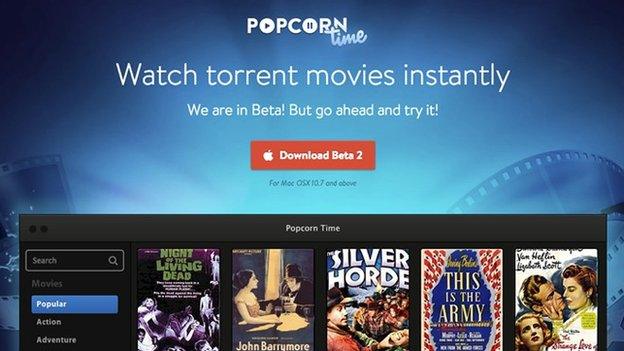
- Published6 March 2014
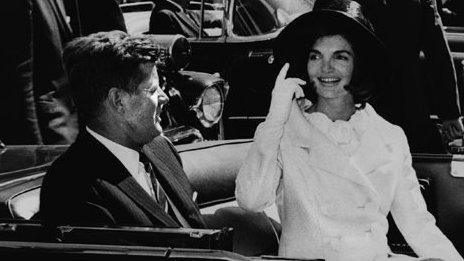
- Published19 February 2014
